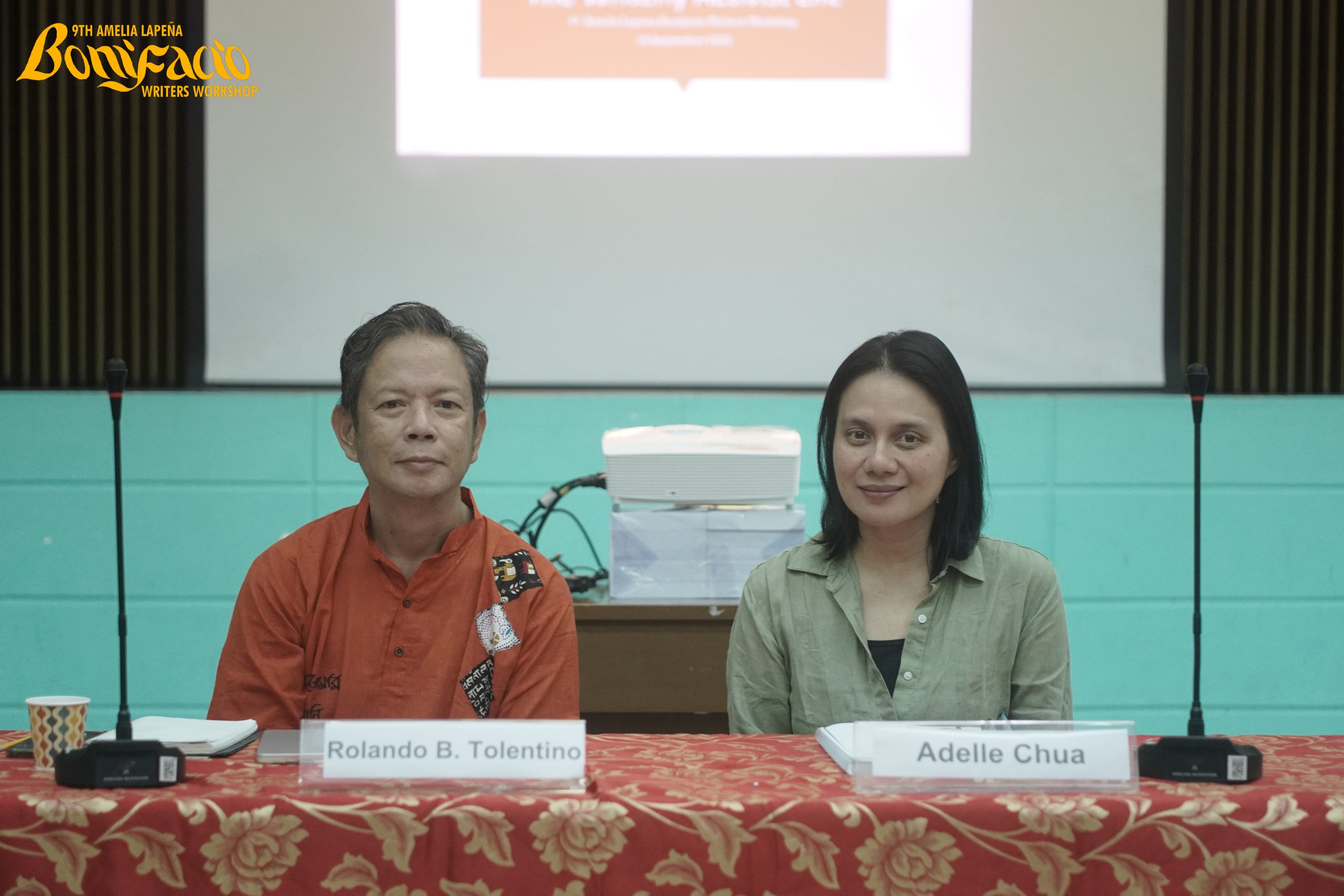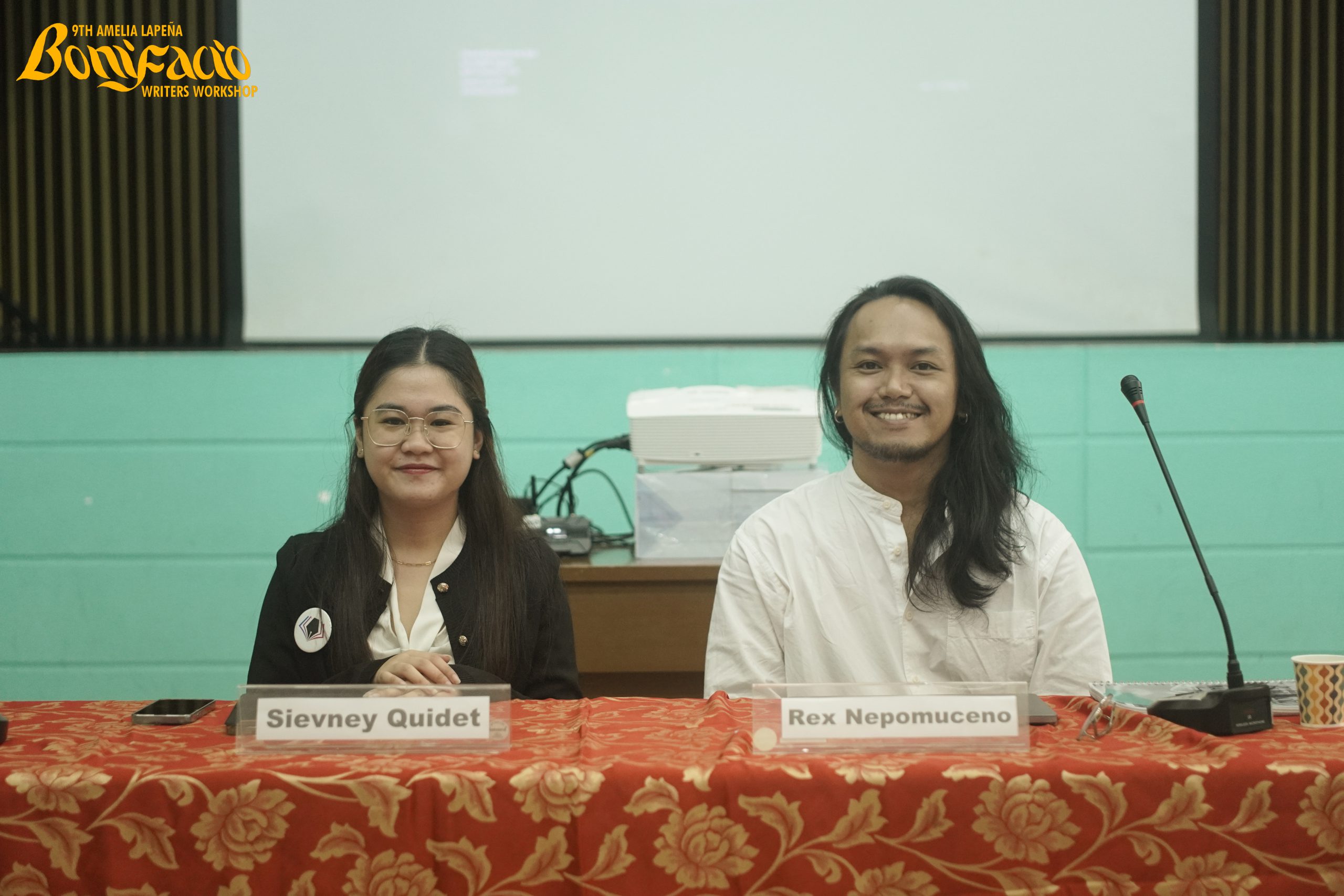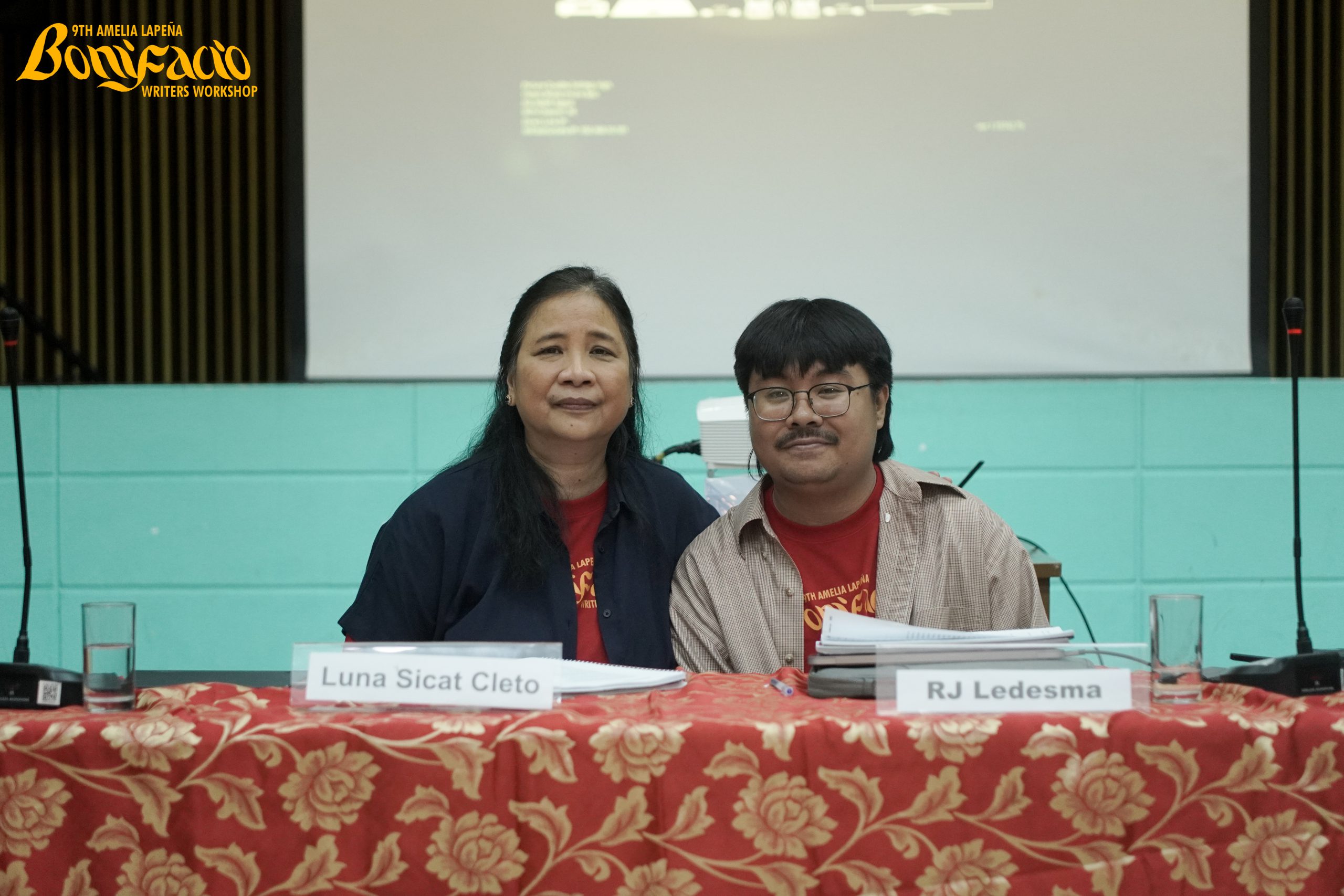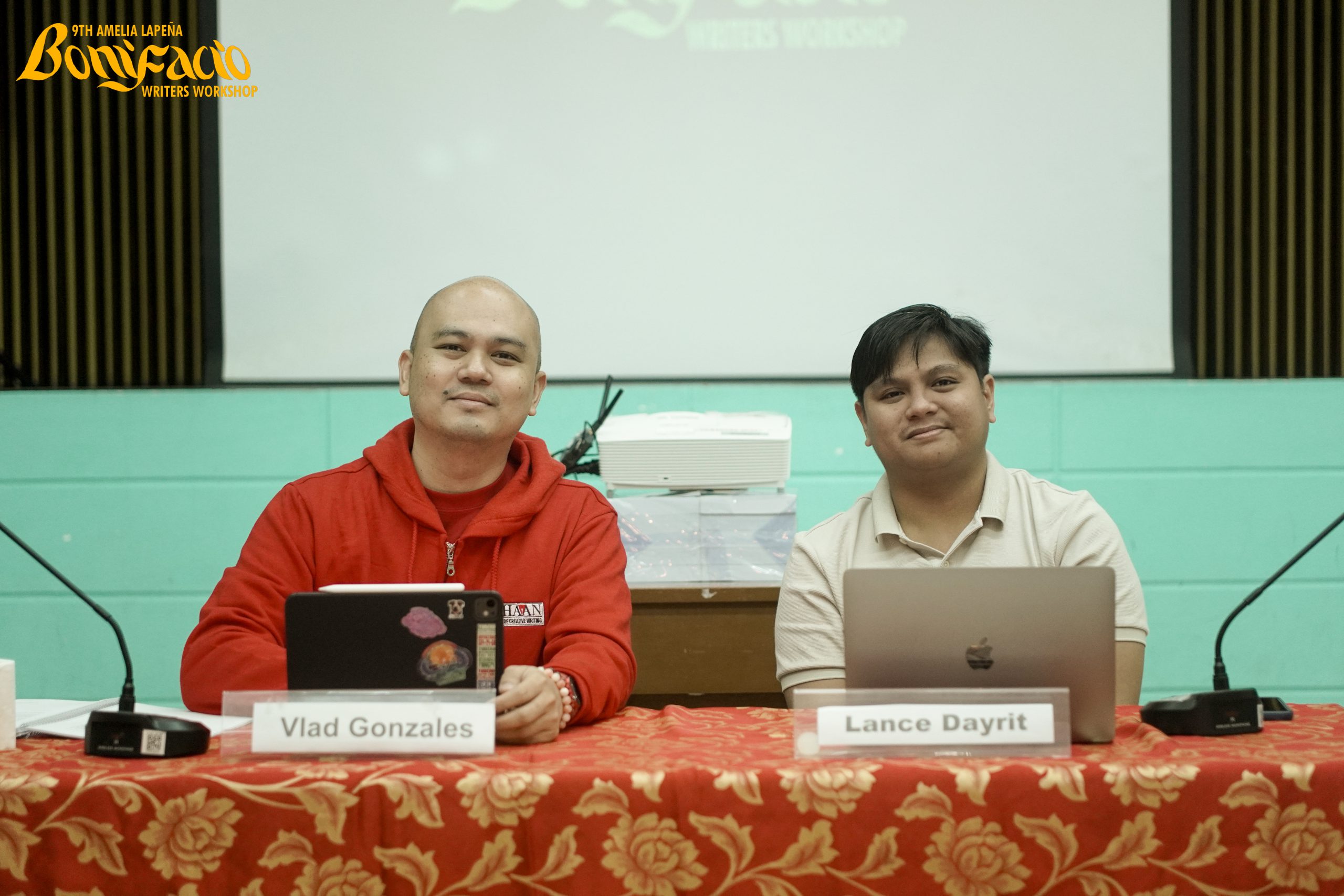Years ago, I was diagnosed with a mental health disorder with which I no longer identify. At the time, it felt like a gift. I was in my early twenties, and had only recently come to terms with the impacts of a life split between the Philippines and the United States as a mixed race Filipina. The diagnosis validated what felt to me like an innate brokenness in self that I could previously not explain. I couldn’t help but draw parallels between the symptoms of the disorder and the fragmentation of identity experienced by mixed race individuals.
Years later, I found myself less and less attached to my diagnosis. I had achieved a sense of stability that, in time, resulted in a decrease in symptoms. I could longer qualify for the full diagnosis, nor did I want to. Patterns and habits once pathological were now merely personality traits, as if the volume had been turned down. Still present, yet no longer diagnosable. Manageable. You could say I was in remission.
Writing has always been my way of making sense of the previously senseless. When I considered myself sick, I knew exactly what I wanted to write about. I wrote about my disorder. I wrote to justify my thought patterns, the bent logic that compelled me to act in ways deemed unacceptable by society. Poems were prayers, apologies, vindications. I could expose myself in ways I never could off the page. But I could keep my secrets, too. I embraced fragmentation, contradiction, silences. I constructed a new “self” out of salvaged pieces.
Some of these poems were written during that period of illness. And some were written while I was emerging from it, facing, and fearing, what a newfound sense of stability would bring me. During this transition, I began to question the connotations of a “diagnosis,” the cultural relativism of psychopathology, and the bias of my diagnosis towards women. What exactly does it mean to be mentally ill as a woman? As a mixed race Filipino? Was illness a consequence, a circumstance, or an identity? And who was I, now that I could no longer claim my past diagnosis? I no longer had a condition. There was no longer an excuse. I was who I was. And the question of self—the one that had plagued me since childhood—once again began to silence me.
At the same time, my little sister began to experience her own mental health challenges, on top of a chronic neurological disorder that changed the trajectory of her teenage years. I understood why she was behaving the way she was. The mechanisms of her mind were mine, too. But her disorder presented in a completely different way: while mine was directed inward, hers exploded. Everyone was affected. She experienced real emergencies. In turn, I never did.
My experiences made way for hers. I brushed aside past traumas. I knew I could survive, and thus I knew I could no longer suffer; I had no right to. I was an American-born, healthy girl. Or at least I could be. Illness, or the lack thereof, defines you.
Disability splintered my family, exposing the nerves of old wounds. I had once thought of my disorder as personal, isolated, entirely mine. But this experience revealed otherwise.
There is more to be said. Forgive me; I still don’t have the words to say them.
. . .
I consider myself a skilled forgetter. Forgetting had gotten me through over thirteen moves as a child in both the Philippines and the United States. At every new school, I was given a gift: the opportunity to reinvent myself. To forget what had happened the year before, and present a Frankensteined self to a jury of new classmates and teachers. I took to discarding whatever memory didn’t measure up to the person I wanted to be. It became a bad habit of mine, a vice.
I am not in the business of storytelling. I’m in the business of forgetting. I write to reforge my history. To remember is to strategically forget. I’m thinking about how we are shaped by what we remember. And by what we don’t. And if identity is built upon experiences, what happens now that I feel like I’ve lost them? I’ve lived through many realities. But now those realities are blind spots in my mind. Shapes that may as well be imagined, but shapes nonetheless. Substance.
The story hides behind a blind spot. The story is the blind spot. Years ago, I wrote myself into a disorder. Through disorder. I filled in the blanks.
I am trying to remember. I am trying to write myself out of silence. Through it.

ABOUT THE AUTHOR
Krysta Lee Frost is a Filipino American poet who halves her life between the Philippines and the United States. Her work has appeared in The Margins, Likhaan: The Journal of Contemporary Philippine Literature, Berkeley Poetry Review, Nashville Review, The Journal, and Wildness, among others. Her first chapbook, Antibody, was published by Dancing Girl Press in 2022.






